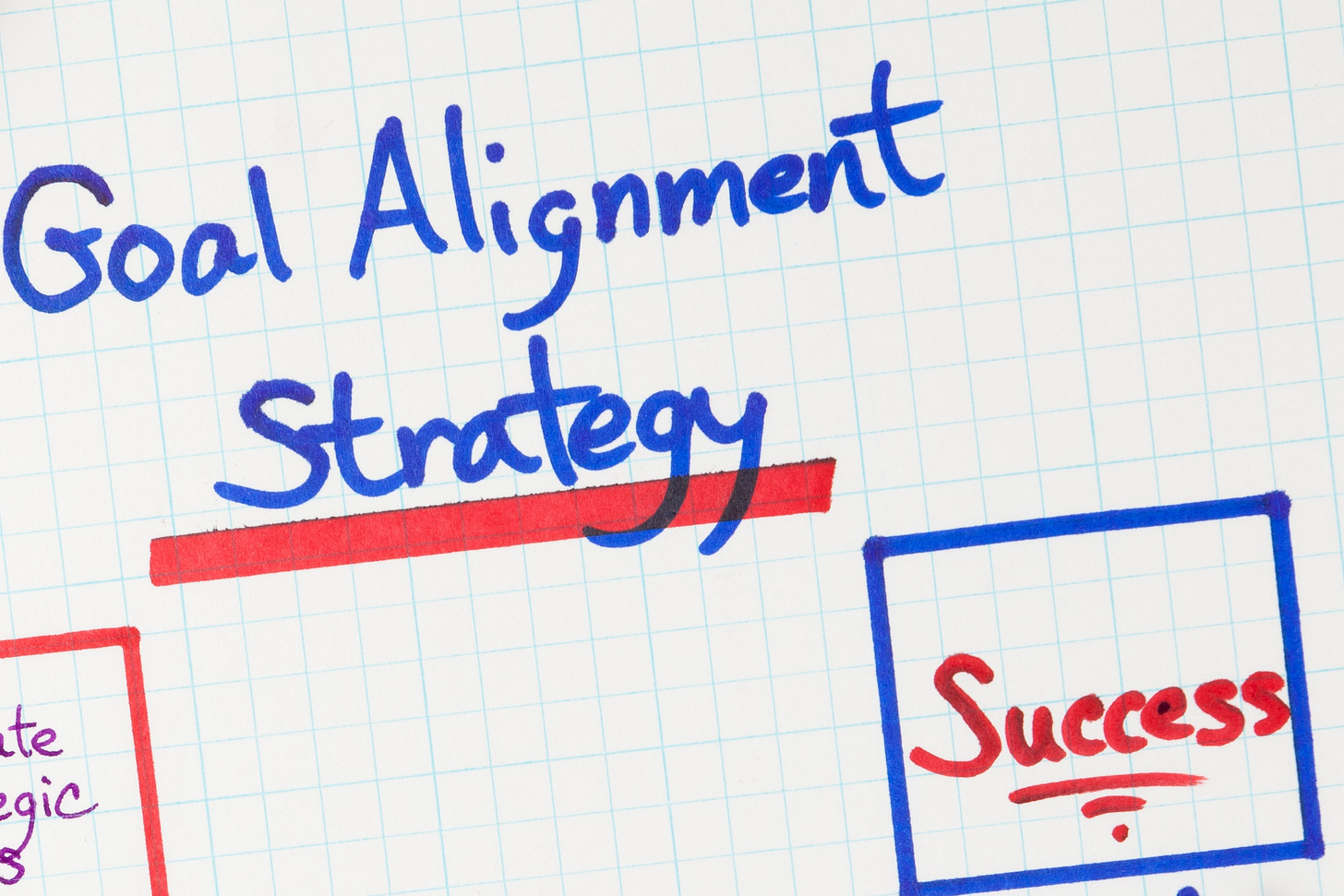We operate under the assumption, people want to change. Instead, if we operate under the assumption they don’t want to change, it completely changes the perspective on how we view client’s and our approach.
This was a conversation I had several years ago with a far more experienced colleague Dr. Fred Hanna, who if you have been on this newsletter long enough, have heard me mention he work probably a 1/2 dozen times. In this case, referencing common pitfalls to motivation as we reviewed popular approaches to motivation ranging from the Transtheoretical Model to Motivational Interviewing. But I frequently bring up his work due to the layers of thoughtfulness in which he has approached not only his work, but supervises and mentors other professionals. He often cites philosophy within his work (as an author with over 100 publications) and a master clinician according the APA.
But why I enjoy the aspect of philosophy within psychology is this:
As consultants we often operate under assumptions. Either driven by personal experiences or guided by our theoretical approaches to our work. Ironically, so do parents and coaches. We operate under assumptions and if we look at things a bit more formally, we can begin to recognize that our philosophy (both literal philosophy and personal philosophy) can be a tremendous benefit to how we consult and engage with our clients.
Our Philosophy
What do you believe high performers need?
What do you believe your relationship should be with your client?
What theories, models/frameworks, and/or strategies can help you answer questions 1 and 2?
The Beginnings
When I first started out, I utilized approaches from Aaron Beck. I was dually trained (although didn’t finish my licensure) and felt very strongly that athletes just didn’t know how to focus on what they had control over. More specifically, they lost control over their thoughts and beliefs. This certainly wasn’t a very cool “performance centric” approach, but it was all I had at the time. I operated under the assumption, athletes who were struggling had core beliefs that were driving unproductive or “irrational” thoughts. So, if we wanted to get them back on track, we need to identify the thoughts and beliefs they wanted and start putting in approaches to promote the new habits:
Journaling
Thought Stopping - Reframing
Instructional self-talk
Etc.
Intermediary
Fast forward a few years and I had just left working for the military where I was introduced to a whole new slew of literature (novice to expert, mindset, etc.) and just took a teaching position at Adler. This is where I met Dr. Hanna, who was the Ph.D. in Counselor Education, Chair. As we engaged in dialogue, he said, this sport psychology stuff is pretty cool. He said, “what do you do if an athlete doesn’t buy-in or doesn’t want to change? That is when we discussed the popular psychological assumptions towards motivation. From there, we even discussed (which I must say, completely changed my perspective on mental health) the underlying assumption of mental health as a field.
Are we simply attempting to reduce symptoms? Or are we empowering individuals to recognize the multitude of opportunities that are in front of them? Of course, reducing symptoms such as fear and anxiety is part of the journey, but is it really the ultimate goal? (For more information on this look up, “Freedom Model” in mental health literature). Point is that all of this came from real-world observations and being a consumer of both psychology and philosophy.
Today
These experiences have led to a revisitation to the idea of philosophy and its influence on our practice. Both literally and figuratively. These days, I have operated under the assumption athletes just need to slow down. They move too fast, with little thought to how they train. So naturally, I’m driven to implement mindfulness-based approaches and I’m quite smitten at the moment with the idea of learning and skill acquisition.
Set clear intentions, navigate distractions, and engage in focused reflections.
These principles were formed by my assumptions. By taking a step back and looking at personal and theoretical assumptions we are taking into our work, we can more critically reflect on how we approach the strategies we teach and how we support our clients. On a side note, I have also seen some very cool applications of this topic with athletes themselves.
(See some of Dr. Brian Lomax’s work on using performance philosophy with his athletes - Performance Philosophy)
THE PATH AHEAD
Today’s conversation may seem in the clouds, but my goal was to help remind us all to slow down and recognize “why” things are done the way they are done and “why” we may tend to operate the way we do. Similar to our athletes, when we can slow down and recognize the literal and figurative philosophies that inform our work, we can elevate our thoughtfulness with our approaches.





Ben! Sorry I missed this. A book I started getting into more was called The Talent Code. Interesting read on skill development.
Hey Russ,
You made a comment about getting into skill acquisition recently. I have too, and have really been moving away from the information processing theory and more towards the ecological dynamics approach and contraints led tasks. I'm doing this mostly in my personal life, teaching a kids and dad jiu-jitsu club where we are focusing on outcomes (not in the goal setting model) or a specific task, i.e. explore ways to get behind your partner with a certain set of limits. It's been really interesting and making me rethink skill acquisition as a whole and habit formation. While I'm learning about this it is making me rethink things in the true philosophy realm as well, namely epistemology and the development of virtues via Plato and Aristotle. I think there's a lot of to explore here.
I am curious what have you been diving into related to skill devlepment?